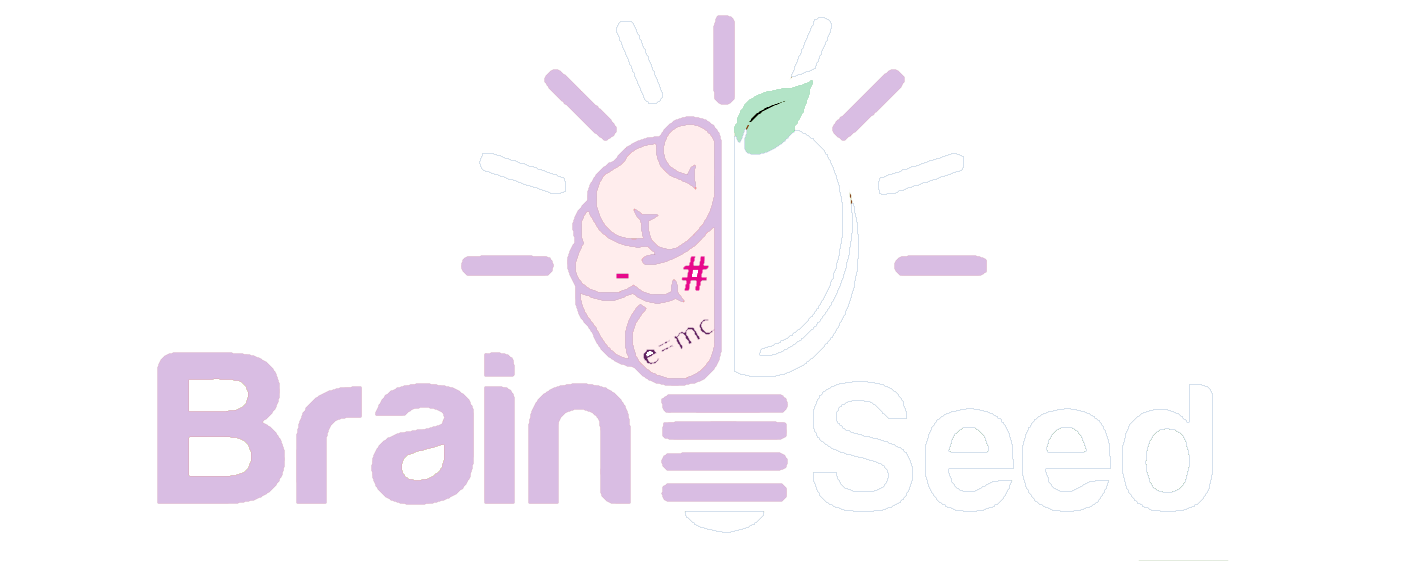What are the benefits of drama for developing intercultural communication skills?
Intercultural communication is becoming increasingly important in our globalized world, and drama can be an effective tool for developing these skills. Here are some of the benefits of drama for developing intercultural communication skills:
Creating empathy
Drama allows individuals to explore different perspectives and experiences, which can increase empathy towards people from different cultures. By embodying different characters and situations, actors can develop a deeper understanding of the emotions and motivations of people from different backgrounds.
Improving language skills
Drama involves language use, and participants are often required to learn and use new vocabulary and idioms. This can be particularly useful for people learning a new language, as it provides an opportunity to practice in a fun and engaging way.
Enhancing nonverbal communication
Drama also involves body language, facial expressions, and other nonverbal cues. Learning to read and use these signals can be particularly important for intercultural communication, as different cultures may use nonverbal communication in different ways.
Encouraging creativity
Drama encourages individuals to think creatively and outside the box. This can be particularly important for intercultural communication, as it allows individuals to develop new and innovative ways of connecting with people from different cultures.
Fostering collaboration
Drama often involves working in groups, which can help to develop teamwork skills. This is particularly important for intercultural communication, as people from different cultures may have different expectations and approaches to working together.
Building confidence
Drama can help to build confidence, particularly when it comes to public speaking and performing in front of others. This can be particularly important for individuals who may feel nervous or uncomfortable when communicating with people from different cultures.
Overall, drama can be a powerful tool for developing intercultural communication skills. By promoting empathy, improving language skills, enhancing nonverbal communication, encouraging creativity, fostering collaboration, and building confidence, drama can help individuals connect with people from different cultures in meaningful and effective ways.
Are you looking for a fresh and exciting way to engage your school’s drama program or your child’s creativity? Try YouTube drama! It’s a fun and modern way for students to create and perform in their own videos. YouTube drama is flexible, convenient, and can even reach a wider audience. Plus, it teaches valuable skills like video production, editing, and storytelling. Click here to learn more about how YouTube drama can benefit your school’s drama program.







